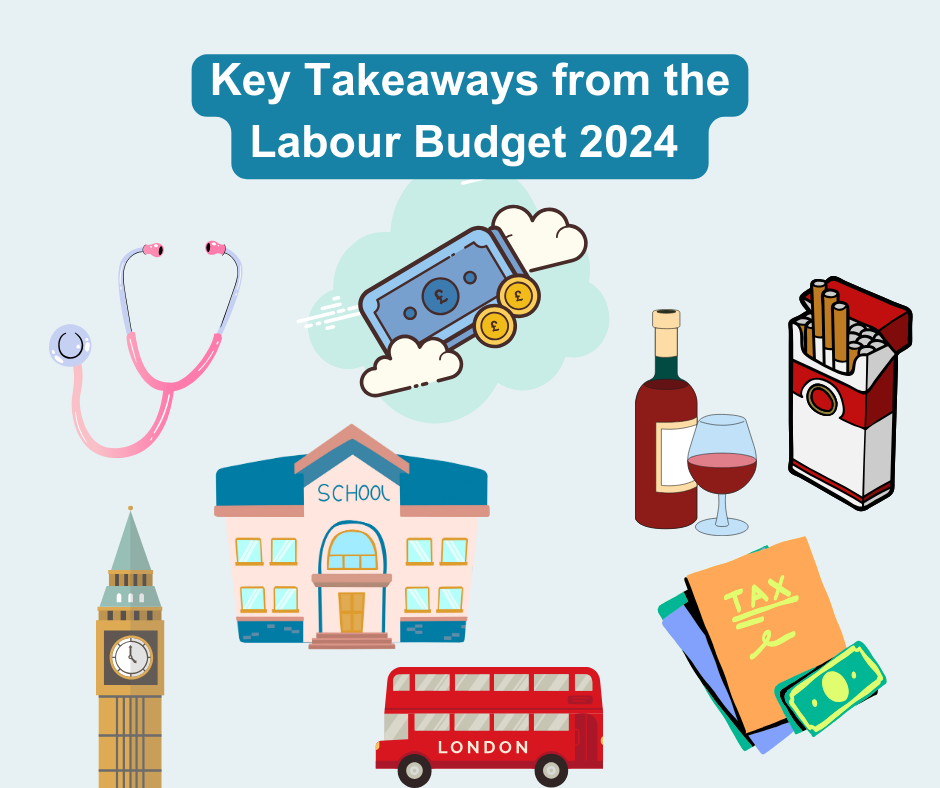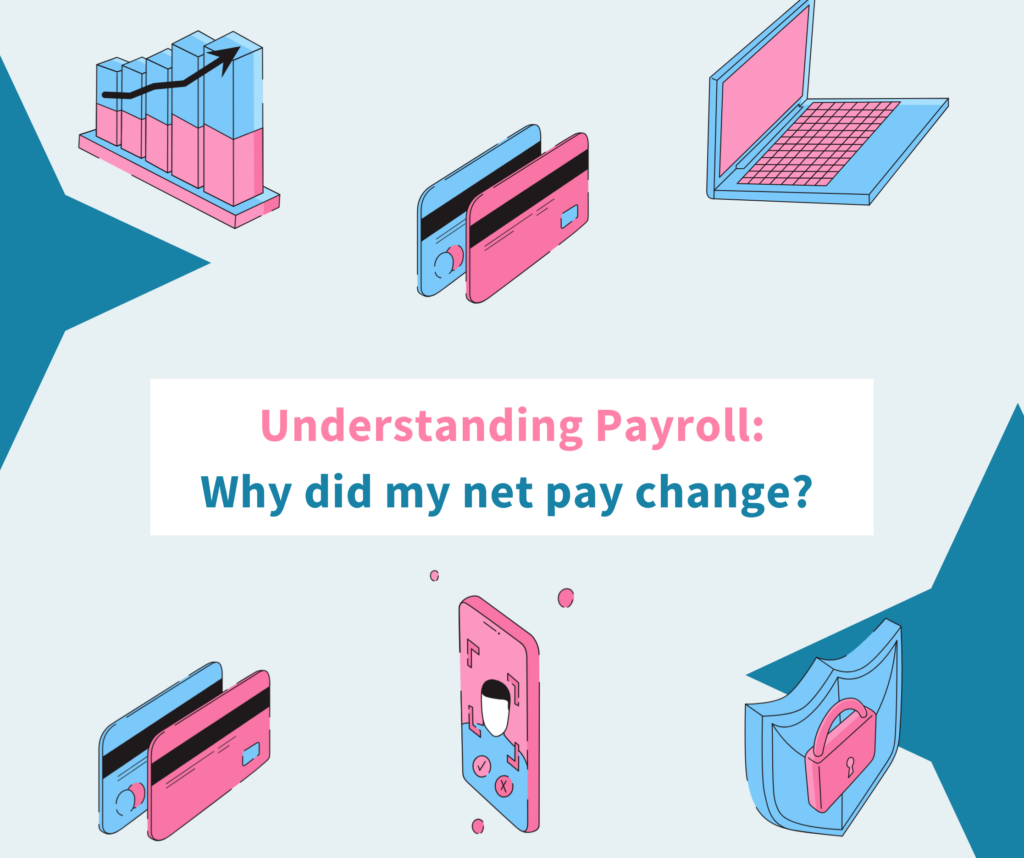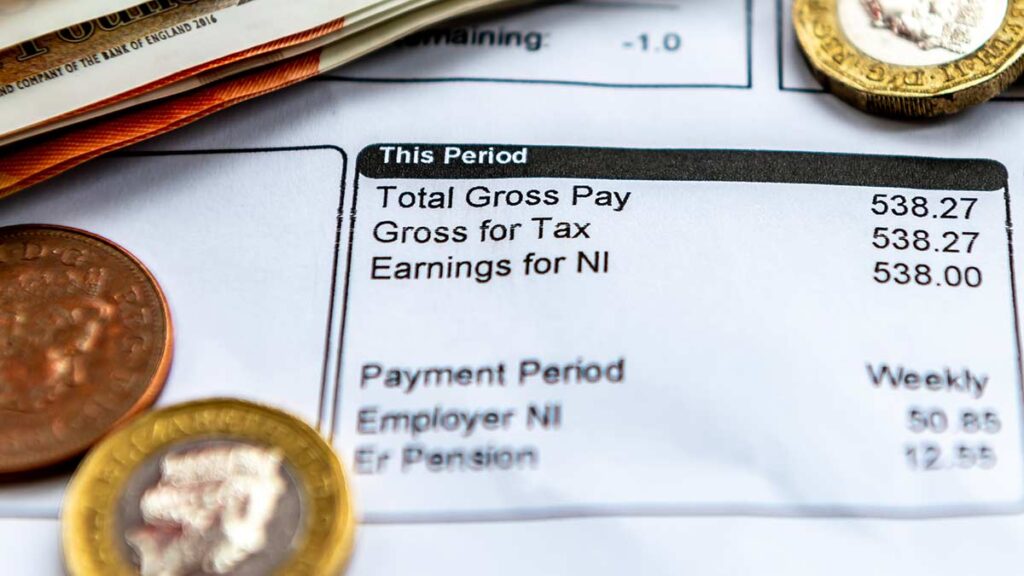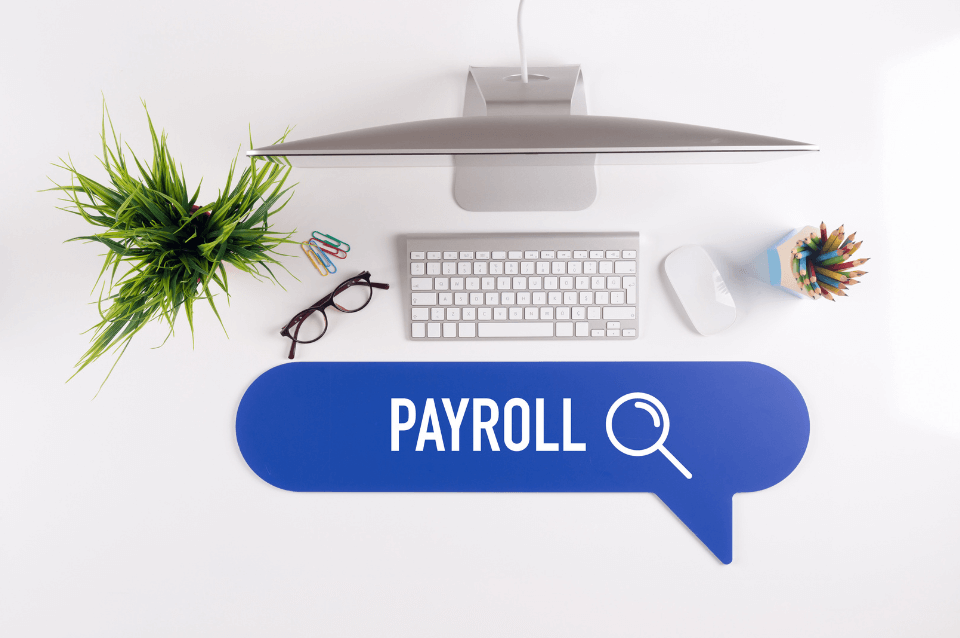Key Takeaways from the Labour Budget 2024
Labour’s Shadow Chancellor, Rachel Reeves, unveiled a budget focused on raising living standards and building a solid foundation for the economy’s renewal. She stressed the importance of “investment, investment, investment” and highlighted the need to put “more pounds in people’s pockets.” This ambitious plan also includes £40 billion in additional taxes, which Reeves argues is necessary to stabilise the economy following years of Conservative-led policies. In a historic moment, Reeves also celebrated becoming the UK’s first female chancellor.

National Insurance (NI)
- NI Rate Increase for Employers: From April 2025, employers’ National Insurance contributions will increase by 1.2%, bringing the new rate to 15%.
- Lower Threshold for Employers: The threshold for NI contributions will be reduced from £9,100 to £5,000, which aims to generate around £25 billion by the end of the projected period.
- Employment Allowance Increase: To aid smaller businesses, the Employment Allowance will increase from £5,000 to £10,500. However, even with this boost, most employers will face significantly higher payroll costs, emphasising the importance of proactive cost management strategies.
This increase in employer costs may lead businesses to seek ways to offset these additional expenses—potentially through options like salary exchange, which we’ll explore shortly.
Income Tax Adjustments
Inflation-Linked Thresholds: From 2028, income tax and NI thresholds will be adjusted in line with inflation. This aims to prevent people from unintentionally moving into higher tax bands due to inflation alone, helping to stabilise take-home pay.
Capital Gains and Inheritance Tax
- Capital Gains Tax: Tax rates on capital gains will rise, with the lower rate moving from 10% to 18% and the higher rate from 20% to 24%.
- Inheritance Tax: The inheritance tax threshold will remain frozen until 2030, meaning estates over £1 million may incur additional taxes over time.
These changes are likely to impact individuals with significant investments or estates, as they may face higher tax bills due to increased rates and frozen thresholds.
Minimum Wage Increase
National Living Wage Increase: For workers aged 21 and over, the minimum wage, or “National Living Wage”, will increase by 6.7%, reaching £12.21 per hour. While this aims to help lower-income workers cope with rising costs, employers may need to adjust to higher wage expenses.
Taxes on Tobacco, Alcohol, and Fuel
- Tobacco and Vape Taxes: New taxes on tobacco and vape products are being introduced, with an additional 10% charge on hand-rolled tobacco.
- Alcohol Duty: Alcohol duties will rise with inflation, although there will be a small 1p reduction on pints of draught beer in pubs.
- Fuel Duty: Fuel duty will remain frozen for another year, maintaining the 5p cut introduced in 2022. This is likely to be welcomed by drivers and transport businesses managing high fuel costs.
Private School Fees
New VAT on Private School Fees: From January 2025, private school fees will be subject to VAT, potentially increasing costs for families using private education.
Funding for Schools and Education
Significant Boost for Education: The budget dedicates £6.7 billion to rebuild over 500 schools and allocates funds for teacher recruitment, school maintenance, and special educational needs. This forms part of Labour’s commitment to strengthening the education system for long-term economic growth.
NHS Funding and Improvements
10-Year Plan for the NHS: Beginning with a 2% productivity goal, this long-term strategy includes a substantial £22.6 billion increase in everyday NHS services and a £3.1 billion boost for capital improvements. These funds are expected to tackle healthcare shortages, add hospital beds, and increase testing capacity.
Housing and Transport Investments
- Housing Investment: An additional £5 billion will be invested in 2025-26 to create more affordable housing and recruit planning officers.
- Transport Projects: Key projects such as the Transpennine Route, East-West rail links, and HS2’s London Euston tunnel will receive funding, along with an additional £500 million dedicated to repairing potholes on UK roads.
Energy and Public Spending Adjustments
- Warm Homes Plan: To reduce energy bills and improve building efficiency, £3.4 billion will go towards making homes more energy-efficient.
- Public Spending: Public spending will increase by 1.5% in real terms, encompassing both operational and capital expenses.
Defence and Local Government Support
- Increased Defence Spending: The defence budget will rise by £2.9 billion next year, with additional funds set aside for commemorations of the Second World War.
- Local Government Funding: Local councils will receive an additional £1.3 billion in grants, while Greater Manchester and the West Midlands will gain more control over their budgets.
Business Taxes and Economic Growth Measures
- Private Equity and Oil Taxes: Private equity managers will face higher taxes on carried interest, and a 38% levy will apply to oil profits.
- Business Rate Cuts: Sectors such as retail and hospitality will benefit from reduced business rates, which may help lower operating costs.
New Borrowing Rules and Growth Projections
- Borrowing Limits: To manage the national debt, the government will avoid borrowing for everyday expenses and aims to balance the budget within three years.
- Growth and Inflation Forecasts: The economy is projected to grow by 1.1% in 2024, with inflation gradually decreasing to 2% by 2029.
How Salary Exchange Helps Offset the Impact
Salary exchange allows employees to reduce their taxable income by exchanging a portion of their salary for benefits like pension contributions. This approach lowers National Insurance (NI) contributions, benefiting both employers and employees.
Benefits of Implementing Salary Exchange Now
- Reduced Employer NI Contributions: With salary exchange, employers pay lower NI on reduced gross salaries. For an employer with ten employees each earning £35,000, salary exchange for pensions could save around £2,625 annually on NI after 2025.
- Enhanced Employee Take-Home Pay and Benefits: Employees see an increase in their net pay. In this example, each employee would receive an average of £140 more in their take-home pay while maintaining pension contributions. Employers may also redirect NI savings into employees’ pensions, enhancing retirement benefits without additional payroll costs.
- Strategic Cost Management: With higher NI rates and a reduced threshold, salary exchange helps control payroll expenses while maintaining employees’ net pay.
Example Impact Calculation
Here’s a hypothetical example of an employer with ten employees earning £35,000 each:
Description | Current NI Bill (2024/25) | Projected NI Bill (2025/26) | Projected NI Bill with Salary Exchange |
NI Threshold | £9,100 | £5,000 | N/A |
Employer NI Rate | 13.8% | 15% | N/A |
Annual NI Contributions | £35,742 | £45,000 | £42,375 (saving £2,625) |
Average Employee Net Pay Increase | N/A | N/A | £140 per employee |
Total Employee Benefits | N/A | N/A | £262.50 (including pension) |
Why Now Is the Time for Action
With higher NI rates and lower thresholds, salary exchange offers a valuable solution for controlling payroll taxes while supporting employees’ financial well-being.
Partner with Husky
Husky, a UK-based company with over 2,000 clients, specializes in setting up and managing workplace pensions, payroll, and salary exchange. Our automated app process ensures easy, compliant salary exchange implementation, saving employers both time and money. Husky takes care of the process, leaving no need for additional admin, legal, or communication efforts.
Get more now. Have more later.
We setup and manage your pensions, payroll, and salary exchange—all in one place, ensuring compliance every step of the way.
Related Post





